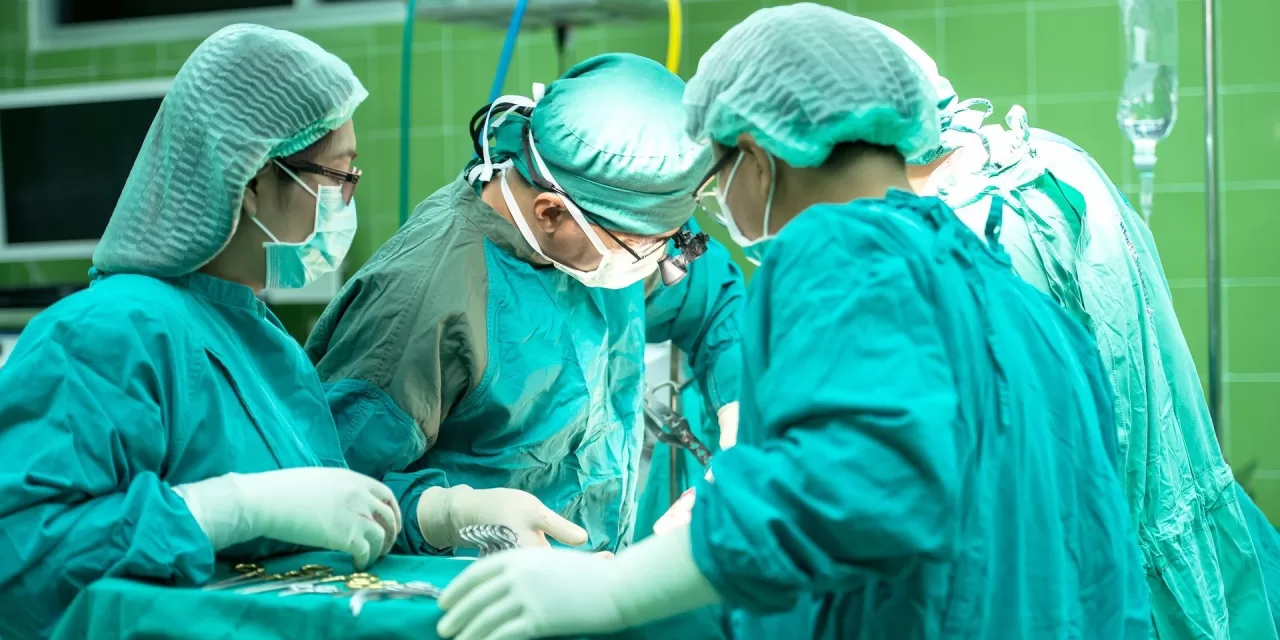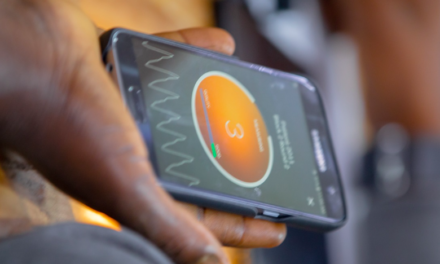January 16, 2025 – A groundbreaking study published in JAMA Surgery on January 15 has revealed a surprising link between increased surgeon stress at the beginning of a surgical procedure and a reduction in major surgical complications. Conducted by Jake Awtry, M.D., and colleagues from Brigham and Women’s Hospital in Boston, the study suggests that surgeon physiological stress, specifically a balance of sympathetic and parasympathetic nervous system activity, may actually play a role in improving patient outcomes.
The multicenter prospective cohort study was conducted across 14 surgical departments within four university hospitals. A total of 793 surgical procedures performed by 38 attending surgeons were analyzed to assess the relationship between surgeon stress, measured through sympathovagal balance, and postoperative complications.
The researchers found that the median heart rate of surgeons at the beginning of surgery was 88 beats per minute, with a median low-frequency to high-frequency ratio of 7.16 and 1.00 before and after normalization, respectively. These figures indicated levels of physiological stress linked to the surgeon’s performance.
Crucially, the study identified a strong association between increased sympathovagal balance during the first five minutes of surgery and a significantly reduced risk of major surgical complications. Specifically, the adjusted odds ratio for reduced complications was 0.63 (95% CI, 0.41 to 0.98; P = 0.04). However, no such associations were found regarding intensive care unit (ICU) stay (adjusted odds ratio 0.34; 95% CI, 0.11 to 1.01; P = 0.05) or mortality (adjusted odds ratio 0.18; 95% CI, 0.03 to 1.03; P = 0.05).
“The results suggest an association between human factors elements and patient outcomes, while highlighting the complex relationship between physiological stress and surgeon performance,” noted the authors.
This research contributes to an emerging field of study that explores how stress, often viewed negatively, may have positive effects in certain high-stakes environments. In an accompanying editorial, Steven Yule, Ph.D., and colleagues referred to surgery as a “professional sport,” suggesting that stress could, in fact, drive optimal performance under pressure.
This study raises important questions about how surgical teams might manage stress during operations and whether training to optimize surgeon stress levels could further enhance patient safety.
For more details, refer to the study Association Between Surgeon Stress and Major Surgical Complications in JAMA Surgery.
Reference:
Jake Awtry et al, “Association Between Surgeon Stress and Major Surgical Complications,” JAMA Surgery (2025). DOI: 10.1001/jamasurg.2024.6072
Steven Yule et al, “Turning Stress Into Success—Surgery as Professional Sport,” JAMA Surgery (2025). DOI: 10.1001/jamasurg.2024.6041












